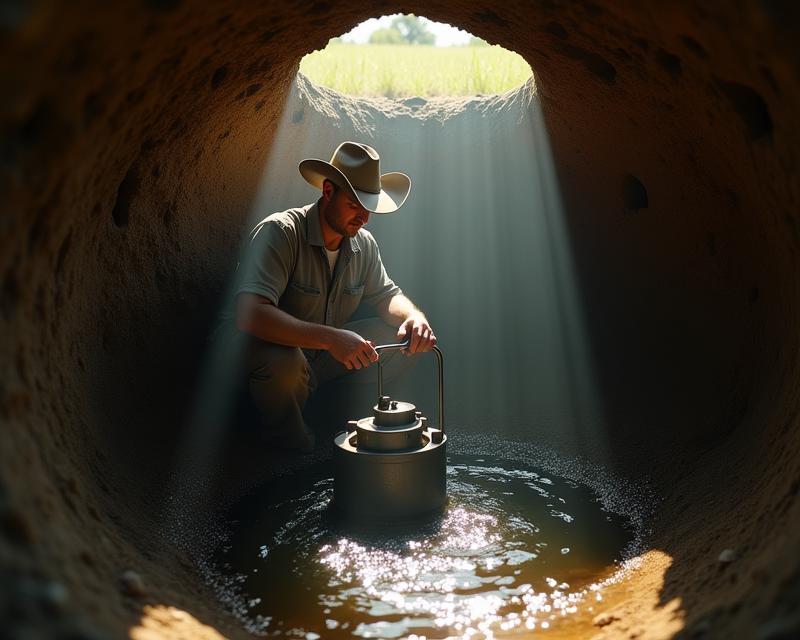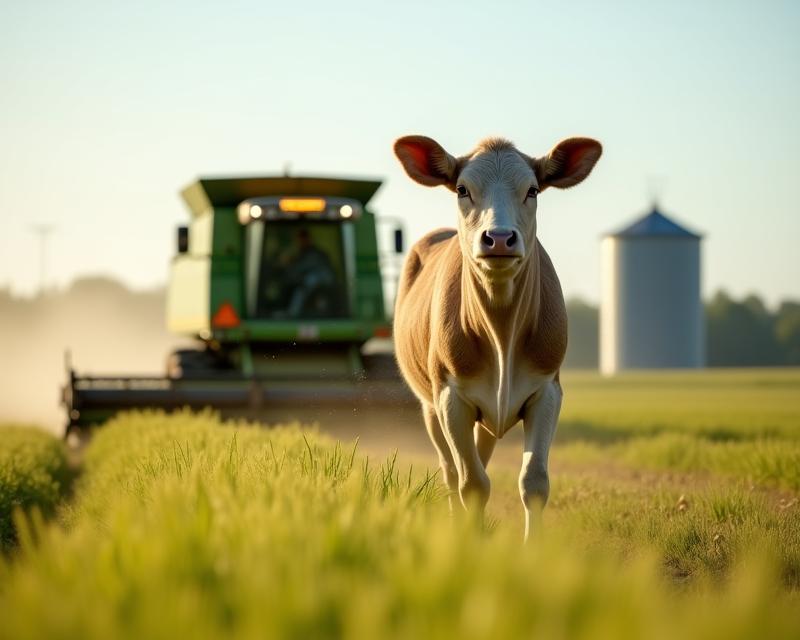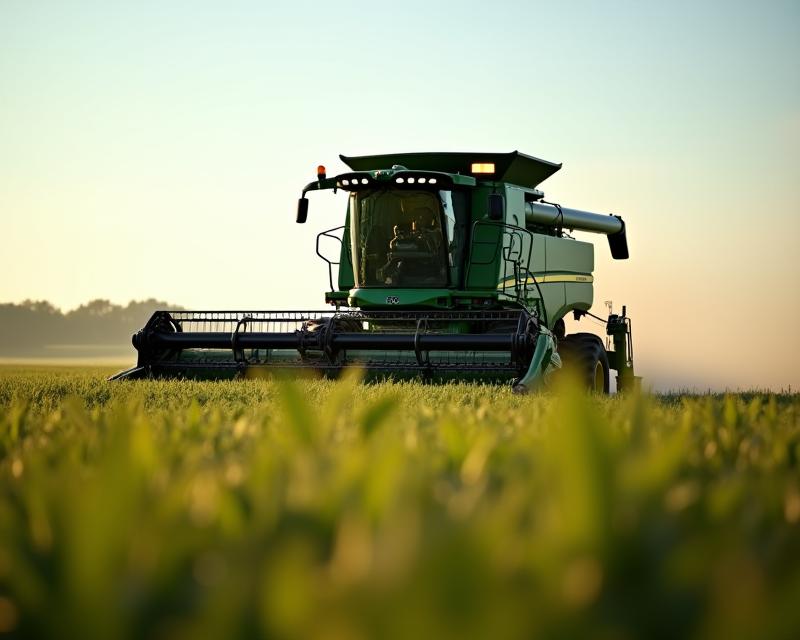Water Extraction: Pump Power for Your Farm
Publish in Farm el 03/07/2025 17:21
Water Extraction: Pump Power for Your Farm
Water is the lifeblood of any successful farm, garden, or ranch. Whether you need water for irrigation, livestock, or household use, reliable water extraction is crucial. But how do you get that water from the ground or a well? That's where pumping systems come in! Understanding the different types of pumps can make a huge difference in efficiency and cost-effectiveness.

Types of Pumps & Their Uses
There are several types of pumps commonly used in agriculture, each suited for different situations. Let's take a look at some of the most popular:
- Submersible Pumps: These pumps are designed to be placed *inside* the water source – like a well. They're excellent for deep wells because they don't need to be primed and are very efficient at lifting water from significant depths. They're a great choice when you have a deep well and need a consistent water supply.
- Centrifugal Pumps: These are versatile pumps used for moving large volumes of water over relatively short distances. They're commonly used for irrigation systems, transferring water between tanks, and general farm water needs. Centrifugal pumps are good for situations where you need a high flow rate.
- Jet Pumps: A simpler and often more affordable option, jet pumps are suitable for shallow wells (typically up to 25 feet). They use suction to draw water up, making them a good choice for smaller farms or gardens with less demanding water needs.
- Diaphragm Pumps: These pumps are self-priming and can handle water with some solids. They are often used for transferring water from tanks or for applications where a consistent, controlled flow is needed. They're a good choice if your water source contains some sediment.
Choosing the Right Pump
So, which pump is right for you? Consider these factors:
- Water Source Depth: How deep is your well or water source?
- Water Volume Needed: How much water do you need per day?
- Water Quality: Does your water contain sediment or debris?
- Power Availability: Do you have access to electricity?
- Budget: Pump prices vary significantly.
It's always a good idea to consult with a pump specialist to determine the best pump for your specific needs. They can assess your situation and recommend the most efficient and cost-effective solution. Proper pump sizing is essential for optimal performance and longevity.
Maintenance is Key
Regular maintenance is crucial for keeping your pumping system running smoothly. This includes checking the pump regularly, cleaning filters, and inspecting hoses and connections for leaks. A little preventative maintenance can save you a lot of headaches (and money!) in the long run. Don't forget to follow the manufacturer's recommendations for maintenance schedules. Investing in a reliable pumping system and maintaining it properly will ensure a consistent water supply for your farm for years to come.





